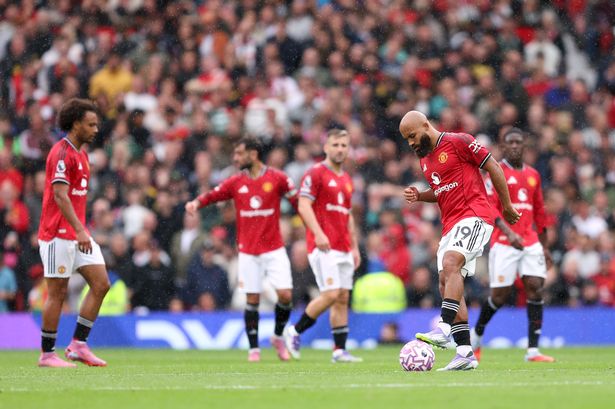Manchester United are considering organizing midweek friendlies this season to address the absence of European football. Club officials believe that additional matches could help maintain player fitness, provide tactical opportunities, and give younger squad members vital playing time.
Adapting to a Rare Season
For the first time in decades, United will not participate in any European competitions. The club narrowly missed qualification last season, leading to an unusual schedule that leaves gaps during midweek slots typically filled by Champions League or Europa League fixtures.
To adapt, discussions have begun about scheduling a series of friendlies against domestic and international opponents. These matches would not only keep the squad sharp but also provide opportunities to test new strategies.
Benefits for the Squad
Club insiders suggest that midweek friendlies could prove useful for players who are not regular starters. Game time would allow them to build match fitness, maintain morale, and stay prepared for competitive fixtures.
The friendlies could also serve as a platform for academy graduates to gain first-team experience. United’s history of promoting young talent aligns with this strategy, offering prospects the chance to prove themselves in competitive environments.
Managerial Approach
Coaching staff view the potential friendlies as an opportunity to refine tactics and experiment with formations. Without the intensity of European travel, the team may benefit from additional time on the training ground, complemented by low-pressure matches that provide practical application.
While some fans may see the lack of European football as a setback, others believe it could offer United a chance to focus on domestic competitions. Friendlies could strike a balance between maintaining intensity and reducing the risk of fatigue.
Commercial Considerations
Midweek friendlies may also hold commercial value. Hosting matches at Old Trafford or arranging international fixtures could generate revenue and maintain global fan engagement. With United’s massive following worldwide, friendly matches could attract strong attendance and viewership.
Club executives are reportedly exploring partnerships with international teams to maximize both competitive and financial benefits.
Looking Ahead
The final decision on scheduling Man Utd midweek friendlies is expected in the coming weeks. Much will depend on fixture congestion in domestic competitions and the availability of suitable opponents.
Regardless of the outcome, United’s focus remains on regaining form and qualifying for Europe next season. The proposed friendlies would represent a short-term solution to ensure that players remain match-ready and that the squad continues to develop.
The Man Utd midweek friendlies plan highlights how the club is adapting to an unusual season without European football. Balancing fitness, tactical growth, and commercial appeal, the strategy could help bridge the gap until United return to continental competition.



